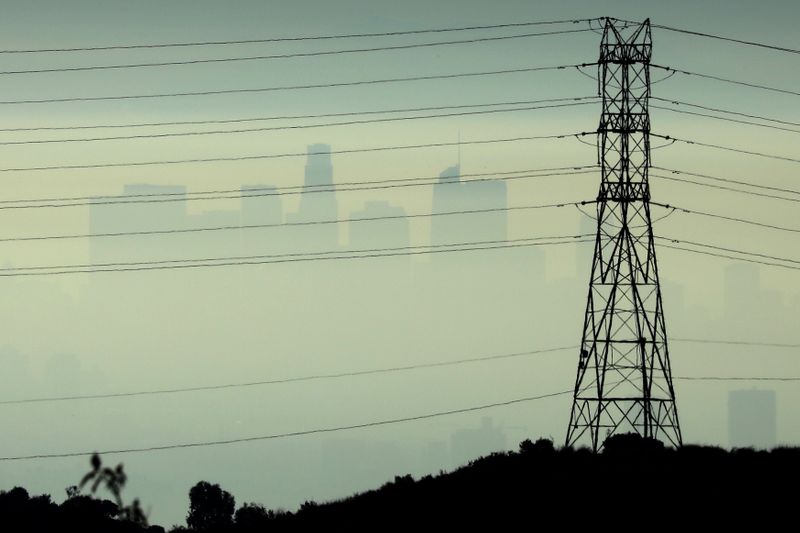(Reuters) - Many of the U.S. states with bold commitments to reduce their greenhouse gas emissions are on track to miss their targets, according to an analysis published on Tuesday by green group Environmental Defense Fund.
The report bodes poorly for U.S. progress on reducing emissions given only about half of states have announced ambitious climate goals. But while they have the ambition, several lack adequate policies to achieve it, EDF (PA:EDF) said.
"This analysis sends a clear signal to governors and state lawmakers: making a climate commitment is only the starting point - not the finish line," Pam Kiely, senior director of regulatory strategy at EDF, said in a statement.
Some 25 states have said they will meet the targets of the Paris Agreement, the global pact to fight climate change that the United States formally exited last month at the behest of President Donald Trump.
But those states are projected to reduce their collective emissions by just 18% by 2025 instead of the 26%-28% the Obama administration pledged under the 2015 Paris deal.
By 2030, those states will have reduced emissions by 11% from 2010 levels, the report found, below the 45% that the United Nations Intergovernmental Panel on Climate Change has said is needed to reduce severe climate risks.
The report derived its conclusions using historical and projected emissions data from research firm Rhodium Group.
It looked only at members of the U.S. Climate Alliance, a group of states working to reduce emissions in line with the Paris agreement, as well as Louisiana, which is not part of the alliance but has laid out similar goals. Those states currently make up about 42% of total U.S. emissions.
Progress so far varies by region.
New England and the South Atlantic region, for instance, are projected to meet the 2025 Paris goals. But those in the Mountain West and Midwest are only projected to meet the targets if the United States suffers a prolonged economic downturn.

All regions are projected to miss the U.N.'s 2030 target, the report said.